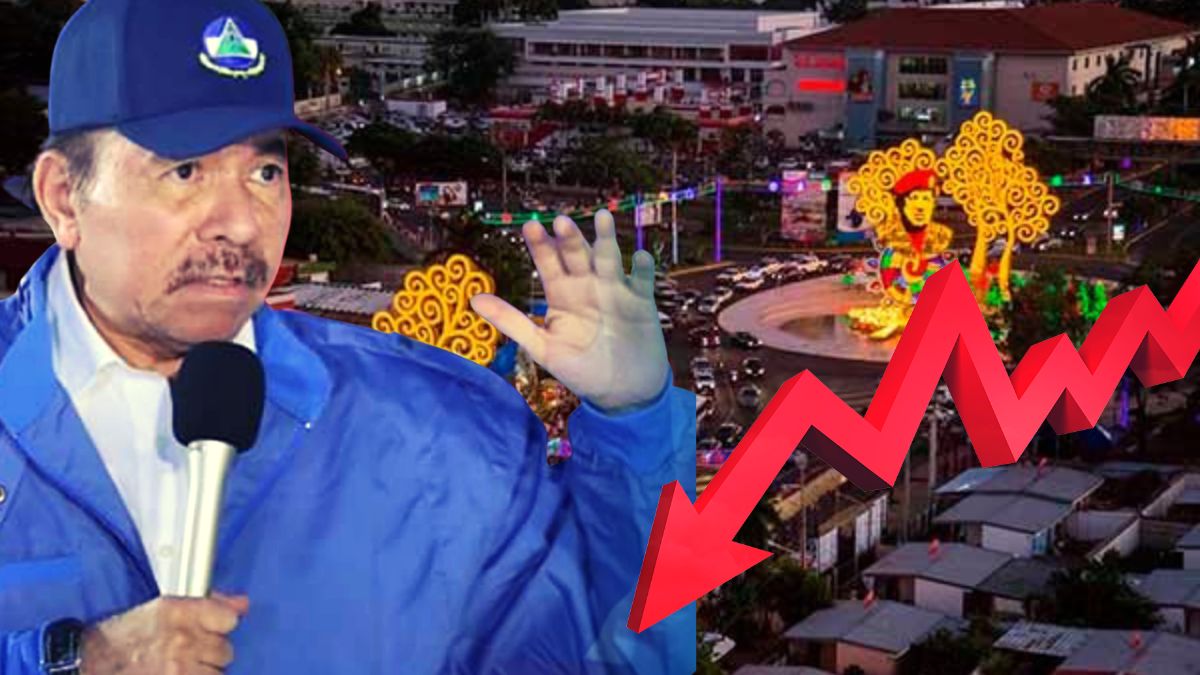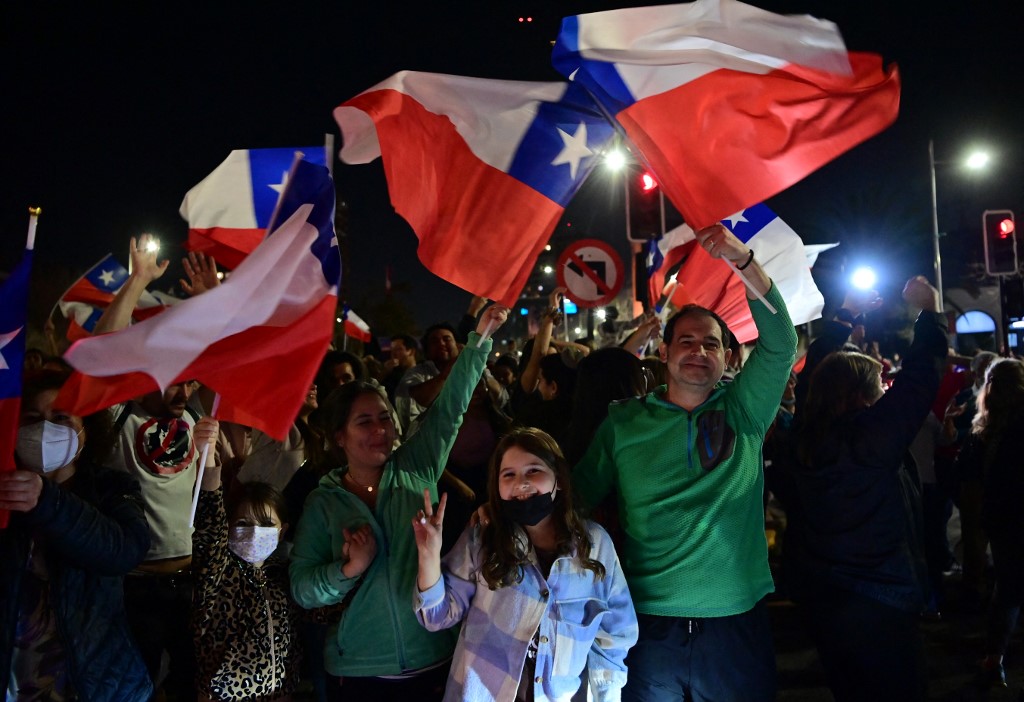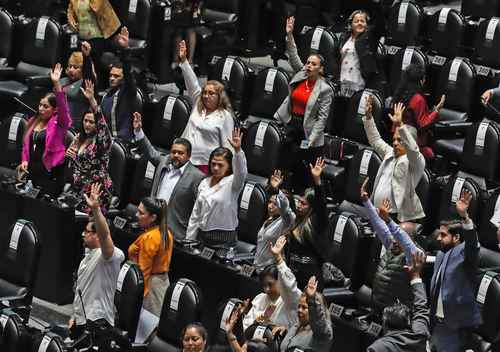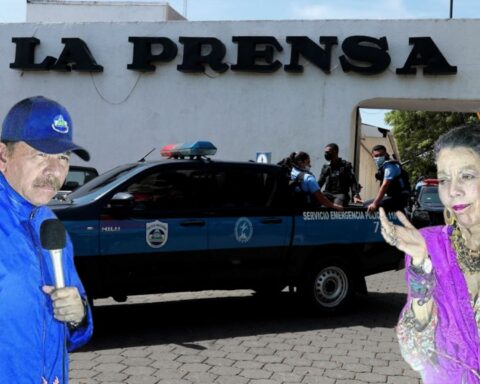“Investors should be extremely cautious when investing in Nicaragua,” the US State Department noted, alleging that the regime of Daniel Ortega and Rosario Murillo continues to “create an unpredictable investment climate riddled with reputational risks and arbitrary regulations.”
The suggestion was published in the report on the Investment Climate 2022which warns that the Ortega Murillo administration continues to suspend constitutionally guaranteed civil rights, detain political prisoners and disregard the rule of law.
It reports that Ortega won a fourth consecutive term in the contested November 2021 elections after arbitrarily imprisoning opposition figures, barring all credible opposition political parties from participating in the elections, blocking legitimate international election observation efforts and commit widespread electoral fraud.
Subsequently, courts at the service of the dictatorship sentenced more than 40 political prisoners, including the most sympathetic presidential candidates, through simulated, “vague and spurious” judicial processes.
The Joe Biden administration also reviews the attack on the media and independent journalists, the assault on the newspaper La Prensa, the only printed newspaper in Nicaragua; as well as the attack on private universities, including the closure of 14 higher education centers and the confiscation of six universities, which left 30,000 students in limbo.
Also, he highlighted the approval of six repressive laws which, according to them, “alarmed investors”, including the Foreign Agents Act which “requires organizations and individuals to report foreign assistance and prevents anyone who receives foreign funding from running for office; and a Consumer Protection Act that could prevent financial institutions from making independent decisions about whether to serve financial customers, including OFAC-sanctioned entities.”
Related news: CABEI loans to the Ortega regime are insufficient to reactivate the Nicaraguan economy
They remind investors that, in addition, tax authorities have seized property following allegedly arbitrary tax bills and jailed people without due process until taxes were negotiated and paid. They emphasize that “arbitrary fines and customs inspections harm foreign companies that import products.”
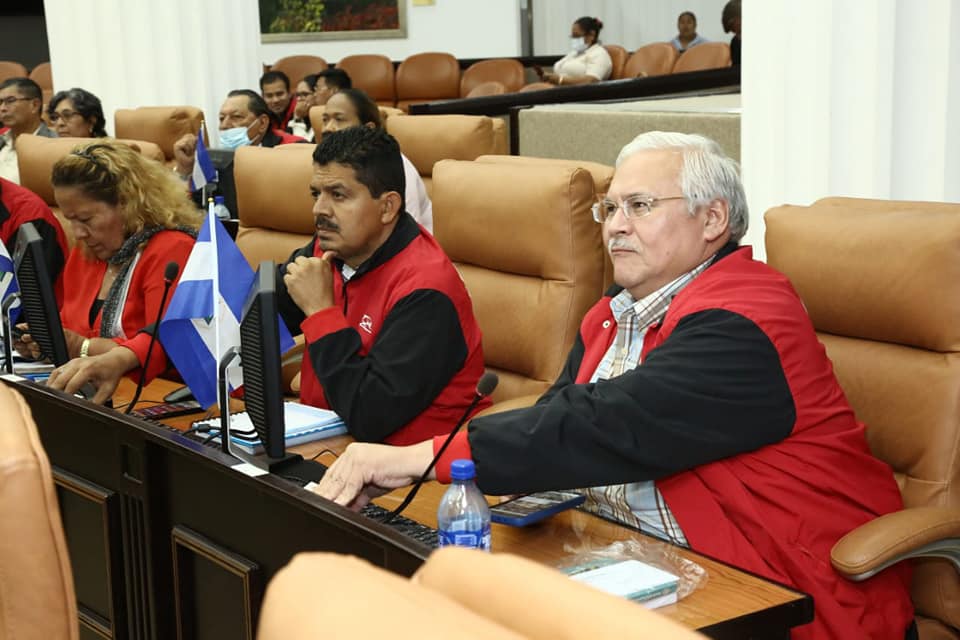
“In response to the deepening authoritarianism of the Ortega-Murillo regime, almost all international financial institutions have stopped providing new loans to Nicaragua, and external financing will fall dramatically beyond 2022.”
But the regime is publicly betting that a new economic partnership with the PRC will provide new investment and financing to offset its growing isolation.
Related news: Nicaragua increases exports to the US in the first months of 2022. China and Russia, with tiny purchases
“Nicaragua’s economic outlook is uncertain and subject to downside risks. Independent economists predict that Nicaragua’s economic growth will slow considerably to a rate of less than 3 percent in 2022,” indicates the State Department.
“Uncertainty surrounding the government’s 2019 tax reforms, and several years of still unresolved legal challenges, continue to hold businesses back from expansion or reinvestment plans.”
The United States, however, clarifies that “Nicaragua’s economy still has significant growth potential if investor confidence can be restored by strengthening institutions and improving the rule of law.”
Related news: Remittances to Nicaragua reach record figures in 2022
The North American country highlights that Nicaragua has extensive natural resources; a well-developed agricultural sector; an organized and sophisticated private sector committed to a free economy; easy access to major shipping lanes; and a young, low-cost workforce that supports the manufacturing sector.
The United States is Nicaragua’s largest trading partner: it is the source of approximately a quarter of Nicaragua’s imports and the destination of approximately two-thirds of Nicaragua’s exports.

